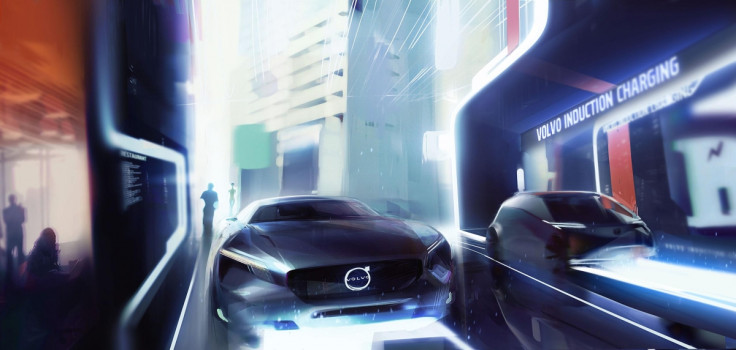UBS, innogy and ZF collaborate on blockchain wallets for cars
The Car eWallet has been developed for charging electric cars, micropayments and car-sharing.

UBS has joined forces with German energy company innogy SE's Innovation Hub and ZF, the automotive technology giant, to provide a blockchain-backed Car eWallet.
The technology, which will be showcased at CES in Las Vegas, was created with charging electric cars in mind, and will also handle many other mobility-related payments, such as highway tolls, parking fees or car-sharing.
For electric cars, the main issues for drivers are short driving ranges and short charging cycles. There is also an interoperability problem with the various types of charging stations as well as different charge card and payment systems.
The Car eWallet allows users to pay on-the-go for highway tolls, parking fees and electric charging, and can collect fees for car-sharing; there is also scope to explore energy provisioning to the power system or delivery services, said a statement.
Dr Carsten Stöcker, of Machine Economy Lighthouse innogy SE, said: "Technology driven innovation in the mobility and transport system will be a key driver for the fourth industrial revolution.
"In our project the pillars of a decentralised mobility platform have been prototyped and built upon convergence of the communication internet including the blockchain, energy internet and mobility/logistics internet to create a new transaction layer.
"We are now looking forward to developing an open decentral mobility platform. innogy is now starting to work with other European utilities to bring an electric vehicle charging network onto this platform as a next applied prototyping step.
"Our project is a good example of collaborative innovation and cross-industry partnership for mobility ecosystem redesign," he said.
A UBS statement added: "With the Internet of Things we will see in the future more and more devices enabled to autonomously pay for services. For UBS it is important to experiment and learn how we can support clients to manage and authorise their device payments."
The system works by transferring money online from a PC or a dedicated mobile app into the Car eWallet which can then authorise payments up to a certain limit. It enables the car to automatically pay a toll, for example, and then notify the driver who receives updates online of every payment transaction made by the Car eWallet.
The charging infrastructure is registered on the blockchain. No separate registration or login processes are required to make use of electric charging stations, where charging fees will be automatically paid by the Car eWallet.
The capability to do micropayment transactions on the go opens up possibilities such as inductive charging, which could happen while the car is waiting at a red light or at a pedestrian crossing, during which time small quantities of power are transmitted to the vehicle. Powering up vehicles by small increments using the eWallet's micropayment feature increases the electric car's drive range.
Another planned feature of the Car eWallet is to accept payments and authorise third-party access, so ideally making use of idle vehicles. The system can also allow third-parties that are not drivers access to the vehicle. For example, the Car eWallet user can enable the trunk of his or her parked car to open if a specific authentication code is scanned. It will allow delivering packages directly to a vehicle and placing them in the trunk, while still protecting the vehicle from unauthorised access.
The system could also be integrated into intelligent power supply systems in the future, noted Dr Stöcker. Intelligent power supply systems could use the blockchain technology in the car to control the charging process depending on the renewable energy available in the system. In particular, the car could also provision energy back to the power supply system if authorised by the user to fulfill such demand, he said.
Alexander Graf, head of IoT Lab at ZF, said: "With the increasing individualisation of mobility the Car eWallet will become an essential service enabler for autonomous cars and fleets. Inspired by the opportunities, it is important for ZF to prepare the automotive blockchain as a safe and secure car technology with high service quality for future mobilty users."
© Copyright IBTimes 2025. All rights reserved.






















